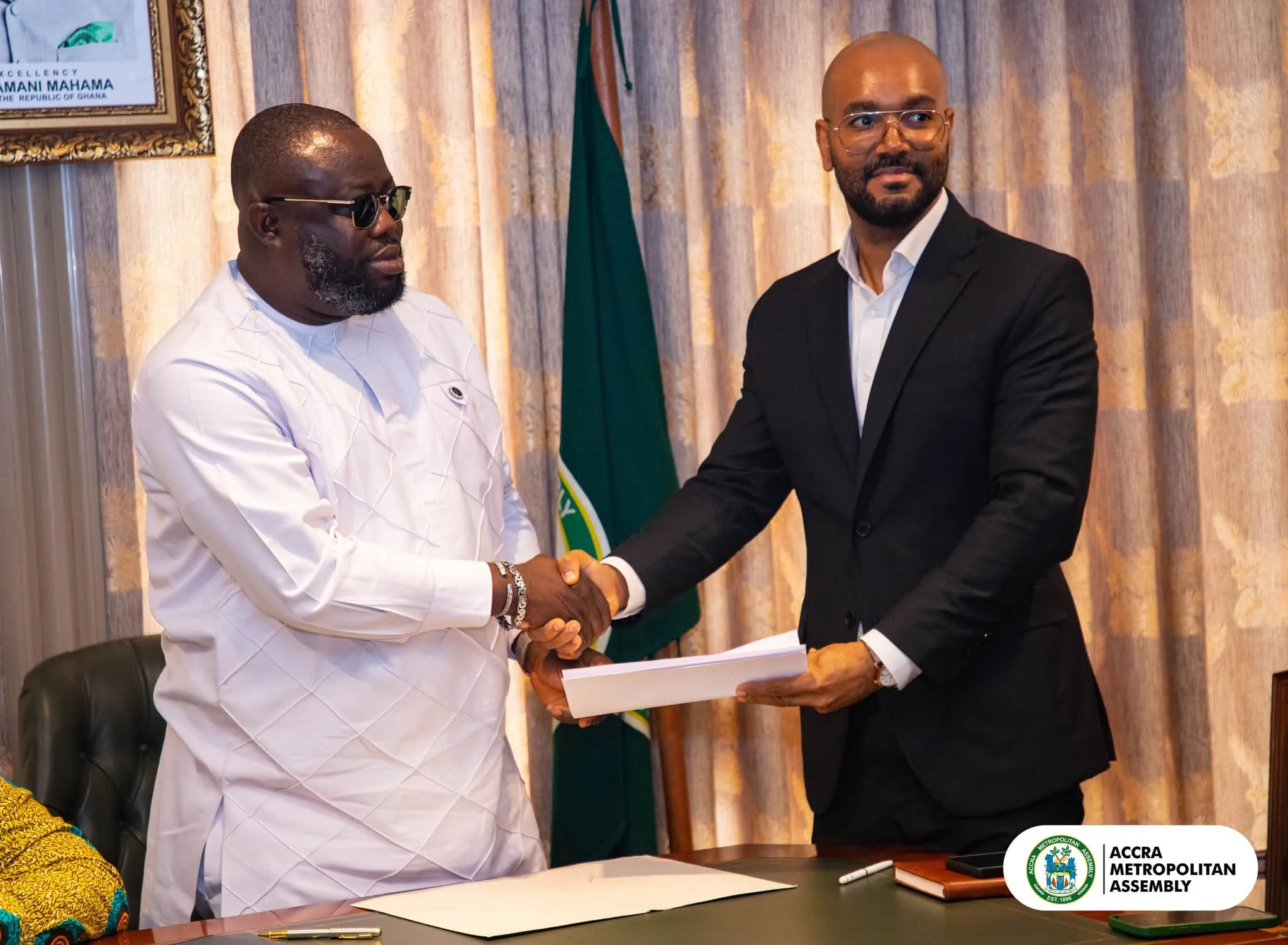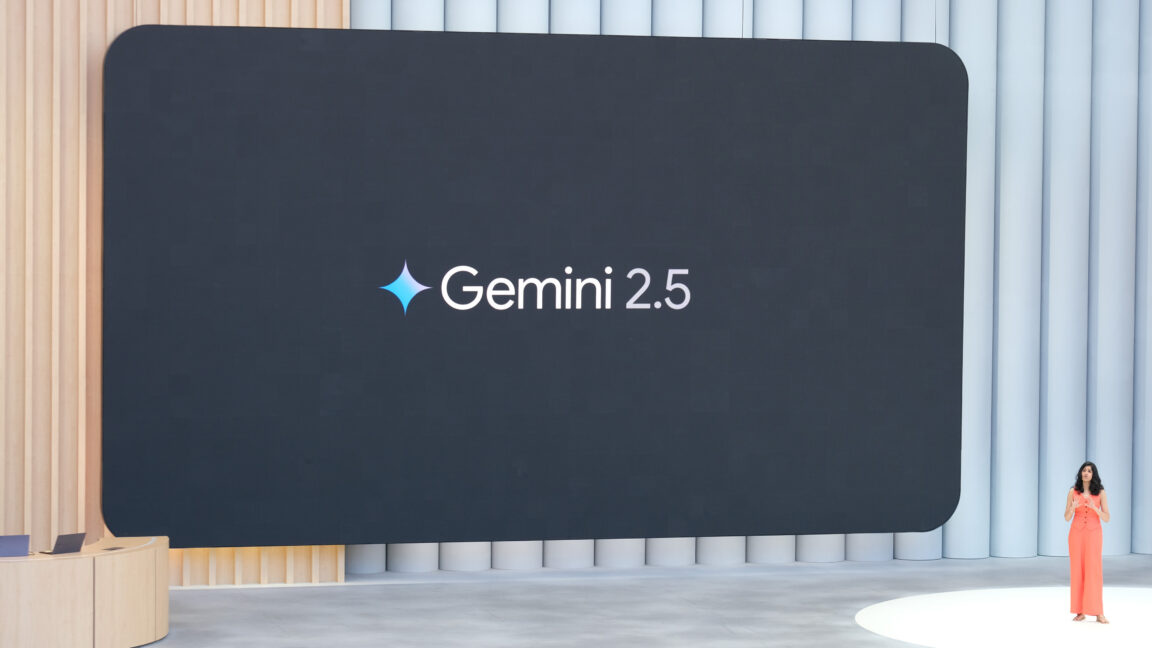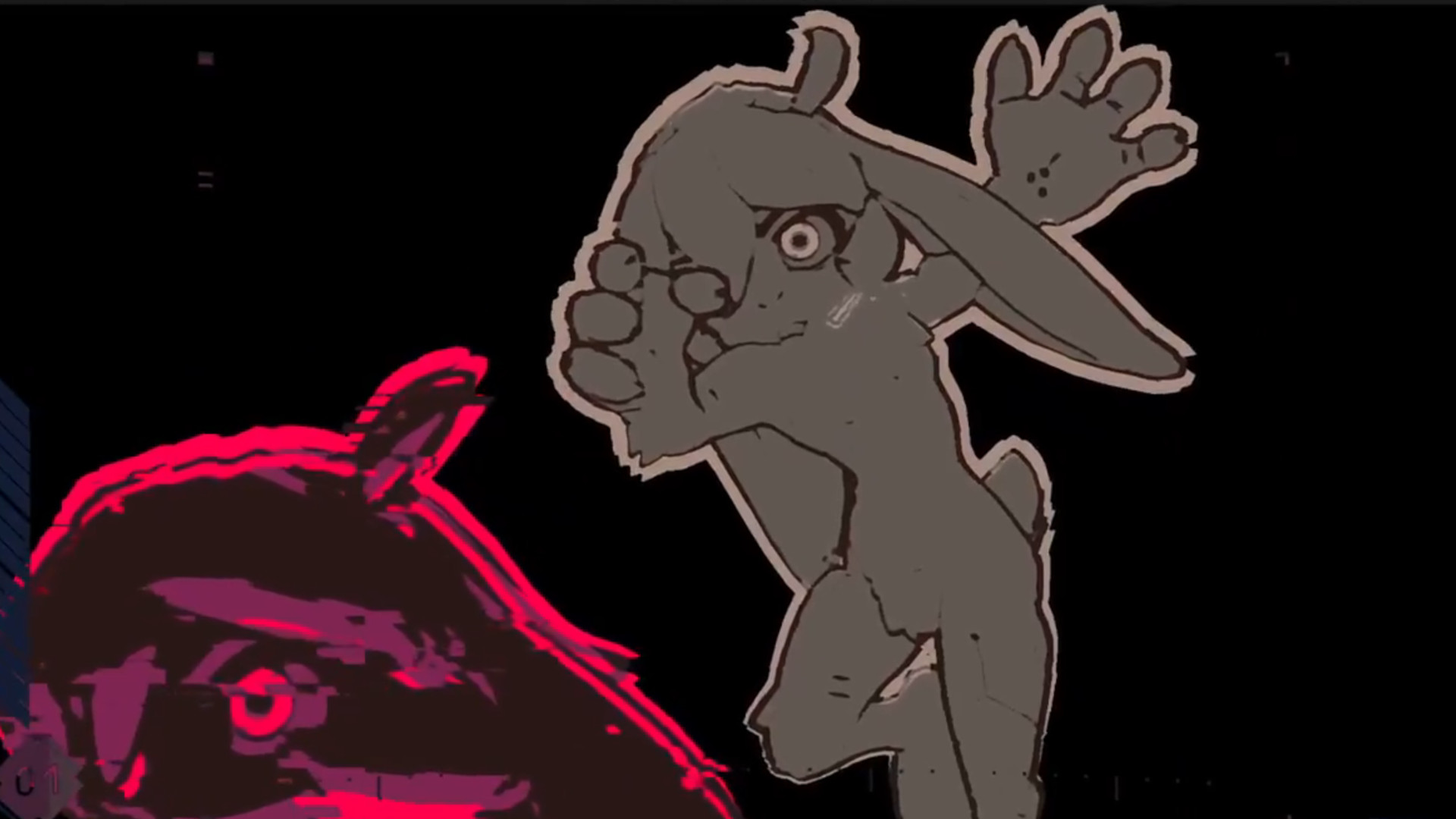By Benjamin Nii Nai,GBC
Copyright gbcghanaonline

By Benjamin Nii Nai Anyetei
Accra is stepping into a new era of waste management, with plans to transform plastic pollution into a source of energy and jobs.
The Accra Metropolitan Assembly (AMA), in partnership with Intellivision Technologies Ltd, has signed an agreement to construct a 100-tonne plastic-to-fuel pyrolysis plant that will convert discarded plastics into petrol, diesel, kerosene, and activated carbon.
The project is being hailed as a turning point for the capital, where clogged drains, flooding, and open burning of plastics have long been linked to poor sanitation and health challenges.
For Mayor Michael Kpakpo Allotey, the deal is more than a sanitation measure — it is about reimagining waste as wealth.
“This plant is about cleaner neighbourhoods, flood prevention, and a circular economy that works for our people,” he said, adding that the initiative would create 1,500 direct and indirect jobs across collection, sorting, and operations.
The Korle Klottey Municipal Chief Executive, Hon. Alfred Allotey-Gaisie, described the project as a model that could inspire other assemblies to embrace technology-driven sanitation solutions.
On his part, Intellivision CEO Kelvin Boateng called the plant the beginning of a movement to place innovation at the centre of urban waste management.
“Nothing should be wasted; everything has value,” he stressed, underscoring that the project’s outputs would meet international standards for industrial and commercial use.
Experts say the plant will help divert thousands of tonnes of low-value plastics from Accra’s drains and landfills, significantly cutting open burning while generating cleaner fuels for industries.
With one tonne of plastic equating to about 100 bags of cement, the Head of AMA Waste Management, Ing. Solomon Noi, argued that the plant’s 100-tonne daily capacity could radically change the city’s sanitation outlook.
The initiative is also expected to give Accra’s informal waste collectors a reliable end-market for sachet water plastics and films that recyclers often reject — injecting dignity and income into their work.
If successful, officials say the project could be scaled to other parts of Ghana, marking a continental benchmark for turning Africa’s waste crisis into opportunity.



